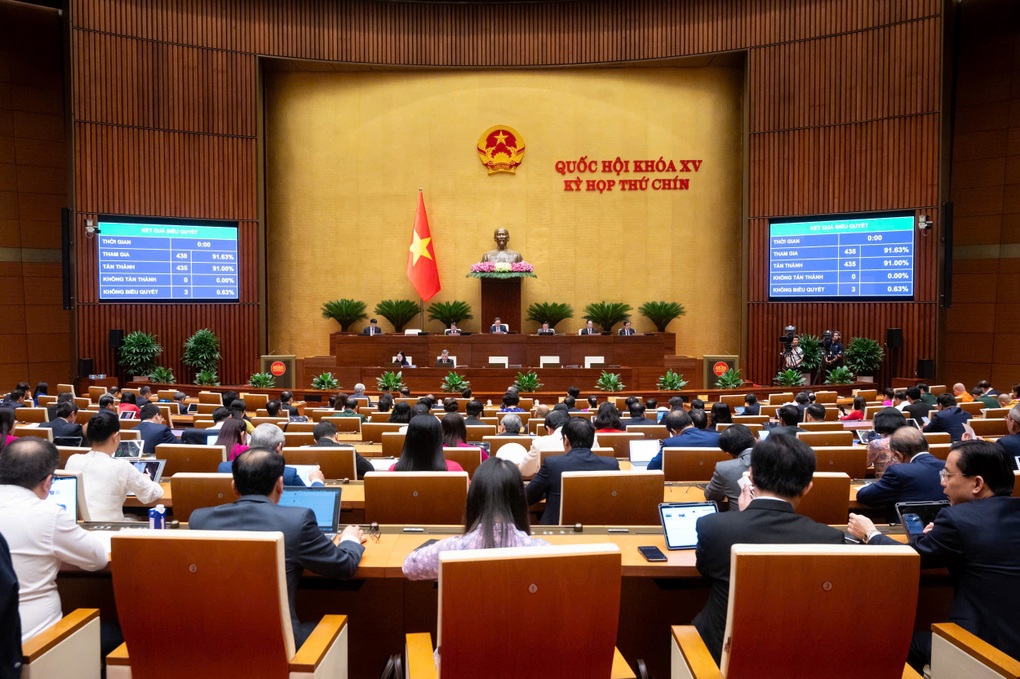
The National Assembly passed the Law on Atomic Energy (amended).
In the context of Vietnam promoting science and technology (S&T) development and clean energy transition, the revised Law on Atomic Energy (LAE) is not only an urgent requirement, but also a "compass" for the safe and effective use of LN, realizing the orientation of nuclear power development and for peaceful purposes.
Institutionalizing the Party's policy on sustainable development of renewable energy
After more than 15 years of implementation, the Law on Renewable Energy has become a solid legal foundation, creating conditions for domestic and foreign organizations and individuals, and international organizations to conduct activities in the field of renewable energy in Vietnam.
The Law has made an important contribution to promoting the application of nuclear energy, creating a strong change in the awareness of sectors, levels, and people about the application of nuclear energy for peaceful purposes in the country's socio -economic development.
However, the new context poses an urgent need to update and improve to suit the development trend of science and technology, ensure energy security and meet international commitments on development, and the application of nuclear energy for peaceful purposes is being assessed as an important solution.
The revised Law on Nuclear Energy is built with the aim of continuing to institutionalize the Party's guidelines and policies and the State's policies on nuclear energy, consistent with other relevant documents and meeting practical requirements; building a legal basis to ensure completeness and comprehensiveness in the system of legal documents on nuclear energy.
At the same time, enhance the effectiveness of state management of radiation safety, nuclear safety and security; sustainably develop the application of nuclear energy; fulfill Vietnam's international commitments and obligations; strengthen international cooperation; and nuclear energy contributes to creating new momentum for the country's rapid and sustainable development in the new era.
The Law on Nuclear Energy (amended) is built in a direction that clearly demonstrates the State's role in "development creation" in fields requiring high safety and complex technology.
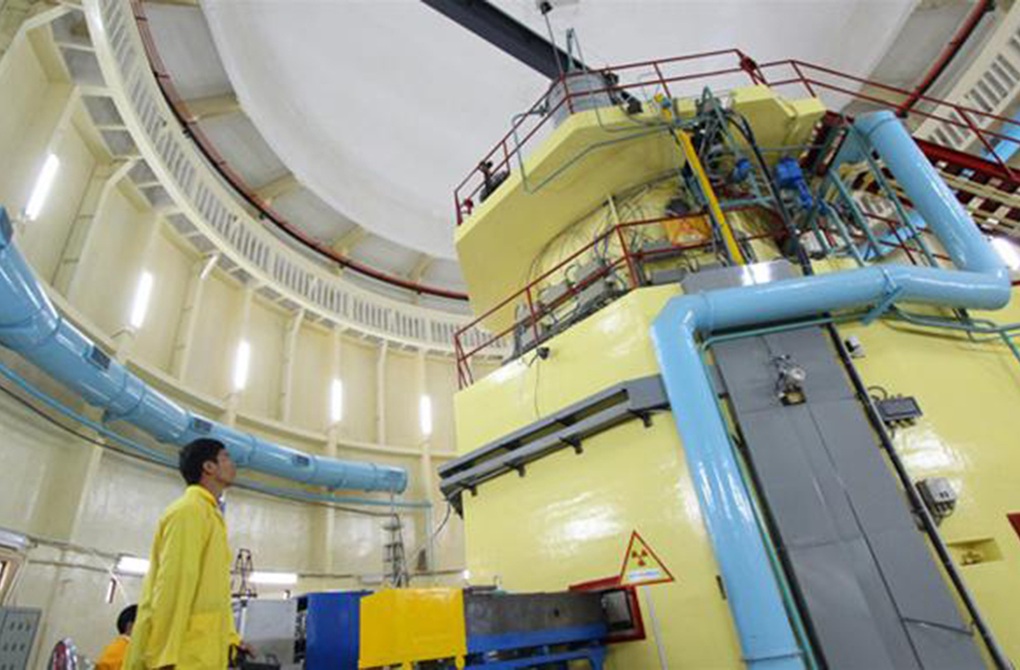
Nuclear reactor in Da Lat (Photo: ST).
During the process of drafting the Law, the drafting agency focused on reviewing and eliminating overlapping regulations and supplementing missing content compared to practical requirements.
At the same time, actively consult with ministries and branches to ensure consistency, feasibility and compliance with international commitments. The content of the Law is amended to clearly define the scope of regulation and responsibilities of relevant agencies; integrate and connect administrative procedures; and unify only one focal point for management.
Towards safe, efficient and sustainable nuclear power development
The policy focus is on orienting the development of renewable energy for peaceful purposes, serving socio-economic development, protecting the environment, contributing to ensuring energy security and sustainable development of the country.
Comprehensive policy from investment, attracting resources; completing infrastructure and enhancing capacity to ensure safety, security, nuclear, research and development of technology, training, human resource development, international cooperation and raising public awareness.
One of the notable points in the Law on Nuclear Energy (amended) is that the State ensures the budget for building and operating the national environmental radiation monitoring and warning network; investing in building locations for storing, processing, and burying radioactive waste, used radioactive sources, and used nuclear fuel at the national level.
This is an essential step, demonstrating a long-term vision for ensuring radiation safety, nuclear safety and security, the foundation for all applications in this field.
Synchronous investment
At the same time, the Law also expands the ability to attract capital, encourages the private sector and international partners to participate in investment and development in the renewable energy sector.
This is not only consistent with Resolution 68-NQ/TW on private economic development, but also reflects the reality of the participation of organizations and individuals in widely applying renewable energy in socio-economic sectors such as health, industry, agriculture, resources and environment.
A key issue is the problem of high-quality human resources, especially for future nuclear power projects. The inclusion of preferential mechanisms in the law for training, attracting and employing experts and scientists will be a prerequisite for sustainable development.
Along with that is the synchronous investment in facilities and modern laboratories to create a solid foundation for research - training and technology mastery.
Notably, the policy of encouraging transfer, enhancing manufacturing capacity and localizing equipment shows strategic vision along with the policy of ensuring budget for science and technology research.
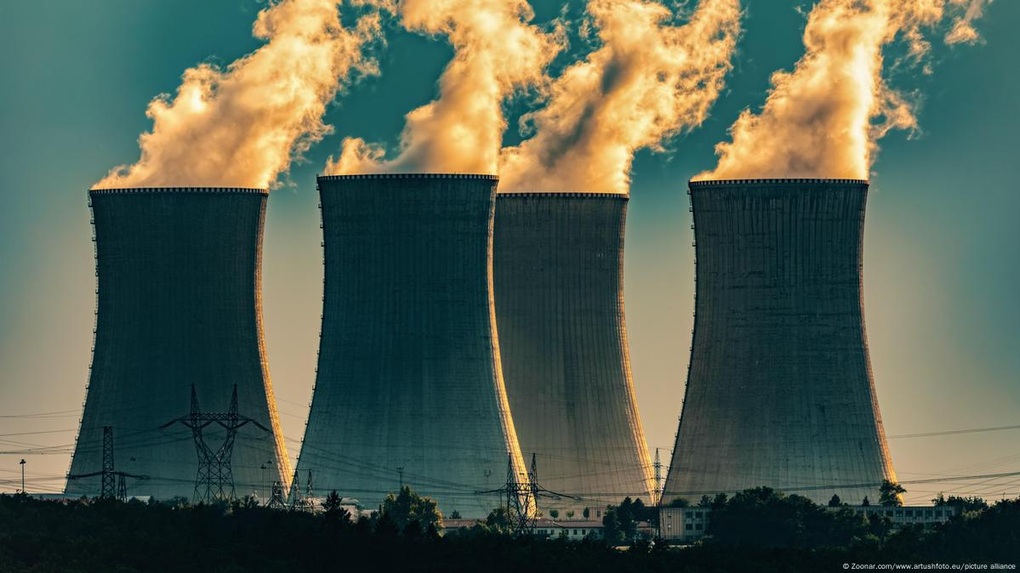
Prioritizing investment in research, technology transfer, development of scientific infrastructure and human resource training in the field of renewable energy is a direct institutionalization of Resolution 57-NQ/TW of the Politburo on science, technology and innovation development.
In particular, the policy of synchronous development of cultural, educational, medical and welfare infrastructure in localities has a core basis, creating social consensus, strengthening trust and ensuring sustainable development of the renewable energy industry.
In addition, the Law has codified many international treaties of which Vietnam is a member, in accordance with the guidelines of the International Atomic Energy Agency (IAEA).
Strengthening international cooperation and deep integration will help Vietnam access new technological achievements and modern management experience more quickly, while improving the capacity of its staff and experts.
An important highlight is that the policy of communication and propaganda on nuclear power is included in the Law and becomes an element of the safety ecosystem. Building a culture of safety and nuclear security is a necessary condition for the development of a specific industry, with high potential risks and requiring great social consensus.
It can be affirmed that the amendment of the Law on Renewable Energy is not simply a matter of perfecting legislative techniques, but an important institutional turning point. This is the concretization of the Party's major policies, demonstrating the leading role of the State, unlocking resources and establishing a foundation for substantial and sustainable development for the renewable energy industry.
In the long term, this is the foundation for Vietnam to master nuclear technology, ensure energy security, develop high-tech industry and affirm the country's position in the international integration process.
Also on the morning of June 27, under the direction of National Assembly Chairman Tran Thanh Man, the National Assembly voted to pass the Law on Science, Technology and Innovation (S&I) with a high approval rate, reaching 435/438 delegates (accounting for 91.00%).
This is considered a breakthrough in institutionalizing important resolutions of the Party, especially Resolution 57 on developing science, technology and innovation, Resolution 66 on developing knowledge-based economy and Resolution 68 on innovating the management mechanism of science and technology tasks.
The law takes effect from October 1, contributing to promoting activities such as: Forming a technology exchange, promoting the transfer and commercialization of research results, removing administrative barriers, and strengthening the protection of intellectual property rights.
Source: https://dantri.com.vn/khoa-hoc/luat-nang-luong-nguyen-tu-don-bay-phat-trien-dien-hat-nhan-ben-vung-20250627105531489.htm



![[Photo] Exhibition “80 years of journey of Independence-Freedom-Happiness”: An inspirational meeting place for the young generation](https://vphoto.vietnam.vn/thumb/1200x675/vietnam/resource/IMAGE/2025/8/26/2aaef59beb604923b0f848f5c6311dbd)
![[Photo] General Secretary To Lam attends the 80th anniversary of Vietnam's diplomacy](https://vphoto.vietnam.vn/thumb/1200x675/vietnam/resource/IMAGE/2025/8/25/3dc715efdbf74937b6fe8072bac5cb30)




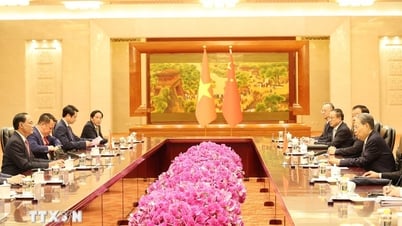

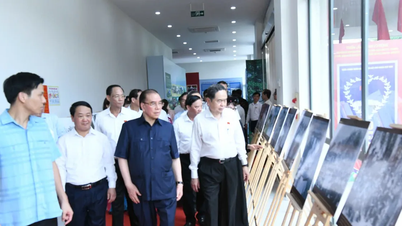

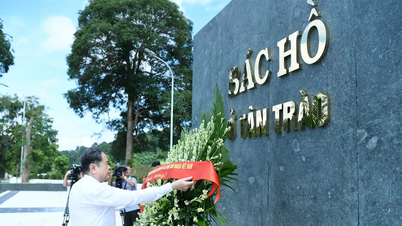
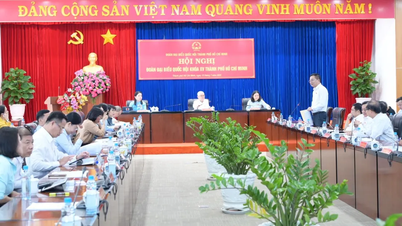


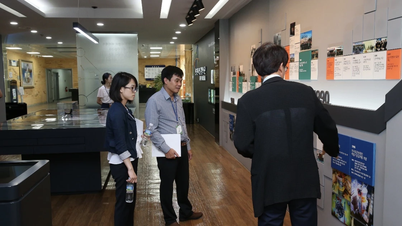







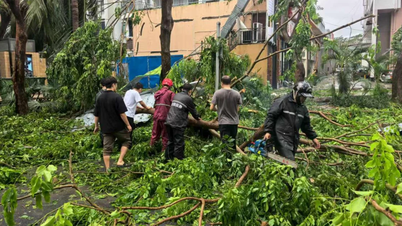





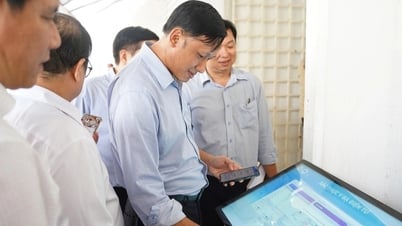


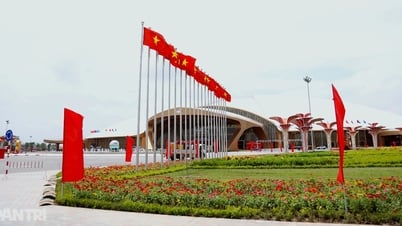



















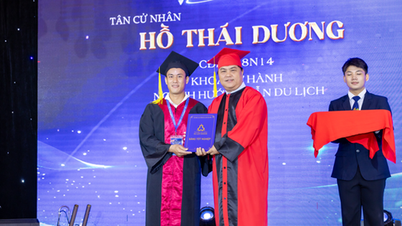










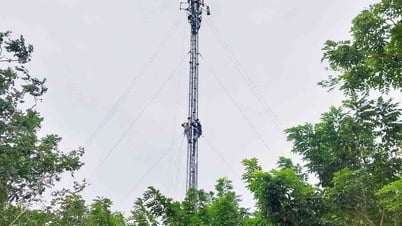

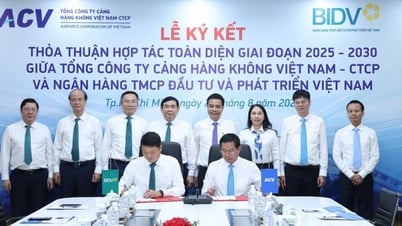


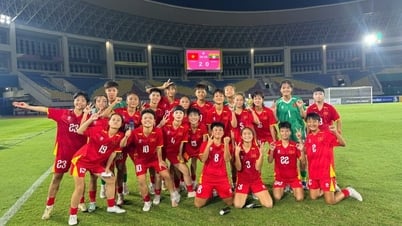

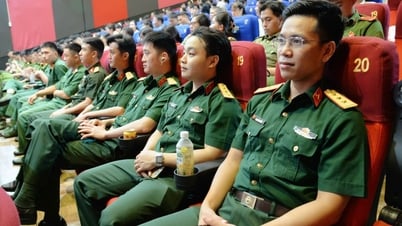

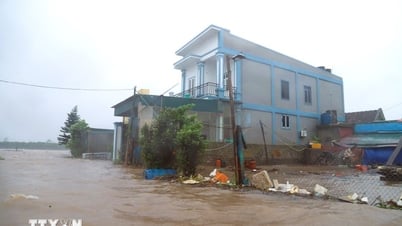
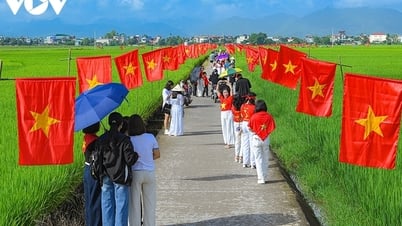


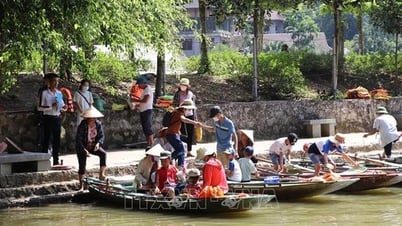



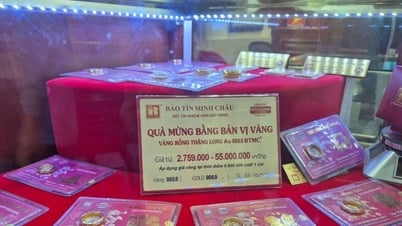

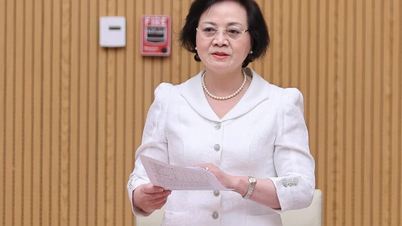









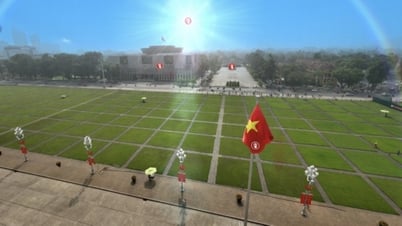





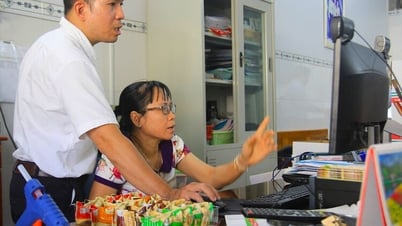









Comment (0)